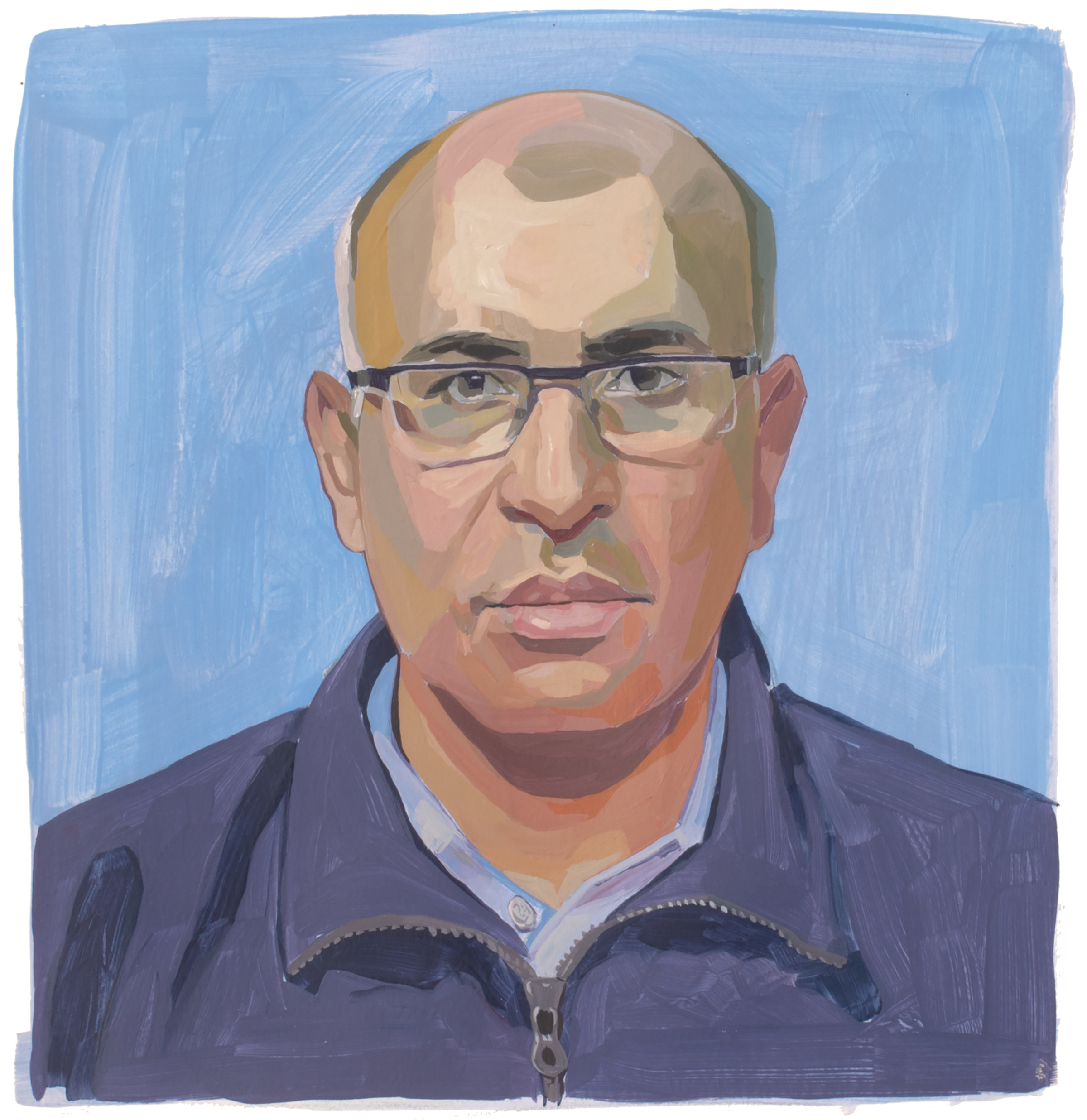Esper Bionics, a startup with offices in the U.S., Germany, and Ukraine, makes one of the most sophisticated prosthetic body parts on the market: a robotic hand that reads brain-generated cues sent to nearby functional muscles and uses them to move the hand in a more natural and effective manner than could be achieved with a typical prosthetic limb. Someone equipped with an Esper hand can use it to carry out movements as delicate as picking up a single grape.
A prosthetic that high-tech could easily be sold for tens of thousands of dollars—and some of Esper’s are. But when Russia invaded Ukraine in 2022, resulting in mass injuries among soldiers and civilians alike, Esper CEO Dr. Dima Gazda and his team felt a “social duty” to help. They began providing free bionic hands to injured Ukrainians, relying on donations to cover production costs. More than 70 Ukrainians have received them so far, and an additional 250 are on the waiting list. “It’s not smart for business,” Gazda says, “but there are way more important things than business.”
Besides, bionic hands are only the start for Esper. Gazda envisions a world—potentially only a decade or two away—where humans are equipped with all kinds of embedded wearables, from prosthetic limbs to implants that monitor the heart for signs of disease or failure.
More Must-Reads from TIME
- Why Biden Dropped Out
- Ukraine’s Plan to Survive Trump
- The Rise of a New Kind of Parenting Guru
- The Chaos and Commotion of the RNC in Photos
- Why We All Have a Stake in Twisters’ Success
- 8 Eating Habits That Actually Improve Your Sleep
- Welcome to the Noah Lyles Olympics
- Get Our Paris Olympics Newsletter in Your Inbox
Write to Jamie Ducharme at jamie.ducharme@time.com





